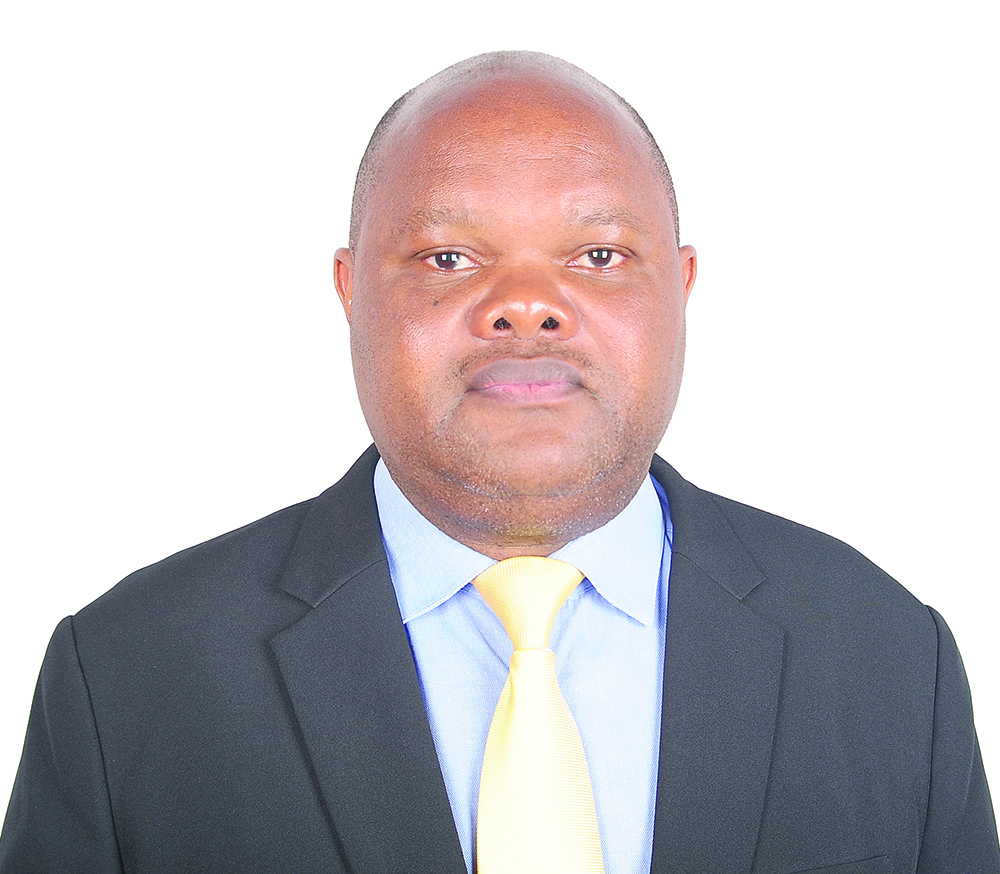Besides regular selection instruments, what other criteria should be used to get the best-fit candidate?
Mar 07, 2024
The behavioural competence of individual job applicants is hardly considered, and yet very critical in getting an all-round compliant candidate.

Dr Davis Malowa Ndanyi is both an Academic and a Human Resource Management, Practioner. Courtesy photo

Dr Davis Malowa Ndanyi
@
Deciding on the best-fit candidate varies from organisation to organisation, most organisations rely heavily on the interview selection tools such as oral interviews, competence, psychometric or aptitude tests.
The behavioural competence of individual job applicants is hardly considered, and yet very critical in getting an all-round compliant candidate.
Today, organisations do not only survive on the technical expertise of their employees but numerous game changers make an organisation thrive amidst a competitive business space, factors like customer-centric approaches, negotiation acumen, team management traits etc must be harnessed from candidates before being selected.
Several factors have been proposed by scholars such as Armstrong, 2015, to support the traditional selection approaches as illustrated below;
Ethical and integrity considerations
In a world where corruption and corrupt tendencies are so prominent, there is a need to double-check and do due diligence on every job applicant before final selection is undertaken, a candidate with proven integrity and upright ethical conduct will certainly add enormous value to the moral fabric of the organisation.
Diversity and inclusiveness
Modern organisations need employees who are agile with a strong level of decorum, candidates should demonstrate their capacity to work in a diverse and inclusive environment which then compels innovativeness and creativity.
Continuous professional development
Organisations should look out for candidates who demonstrate the capacity to propel professionally from time to time through continuous learning and development, such competencies should be discerned from the candidate’s academic and professional journey in the past and the present. This trait is critical for the growth and development of skills in an organisation.
Cultural fit
Interviewers should take an interest in the cultural orientation of the interviewee. An assessment of the palatability of the candidate to align his expectations with the organisation’s values, vision and culture is so critical in selecting a worker who is best fit for an organisation.
Potential for adaptability and flexibility
Considerations on whether a candidate will adapt to the ever-changing environment, be quite versatile and be quick to adapt to new circumstances and new challenges.
Serious considerations should be cognisant of this type of candidate who within a short time, adjusts to the prevailing situation.
Leadership potential
Leadership happens at every line of work, whether at the file and rank or the senior executive or top-notch managerial level. Leadership aspects such as creativeness, innovativeness, initiative, coaching and mentoring abilities.
A candidate should be able to demonstrate the capacity, to organise others, and nurture and grow them to the full potential of prospective managers.
Interpersonal skills
There is a need to evaluate the candidate to establish his niche in networking, working with others, working through others and above all aligning and re-aligning the work schedules with his supervisors, at the same time with colleagues that he/she will be supervising.
Problem-solving abilities
Interviewers should be able to discern the candidate‘s potential in problem-solving.
Case scenarios should be relayed out to the candidate on different topical issues, to gauge the candidate’s capacity to resolve work-related scenarios.
Emotional intelligence
Interviewers should gauge the candidate’s emotional intelligence, by understanding their self-awareness, empathy and the ability to manage interpersonal relationships.
Candidates with high emotional intelligence often contribute positively to the well-being of other team members, hence forging team building and group catch-up.
Resilience and stress management
Candidates should be verified if they can work under tight and hard conditions, very resilient and effective stress management skills are paramount for a candidate to be selected.
Enthusiasm and motivation
A candidate should demonstrate his/her enthusiastic potential, passion and feeling for the organisation and the staff there, such would be a best-fit choice for selection for a competitive organisation.
Team player and proactivity. In all ways, a candidate should demonstrate the capacity to work in a group and organise that group
A candidate should be proactive and willing to take quick action when faced with a scenario. Team management is crucial for the growth and development of the organisation, in the short, medium and long term horizons.
By and large, considering technical competence plus other behavioural competencies allows the organisation to select the best-fit candidate who can aligned to the values, vision, systems and cultural temperament of the organisation and hence influence the performance of the organisation.
The writer is both an Academic and a Human Resource Management, Practioner.

No Comment